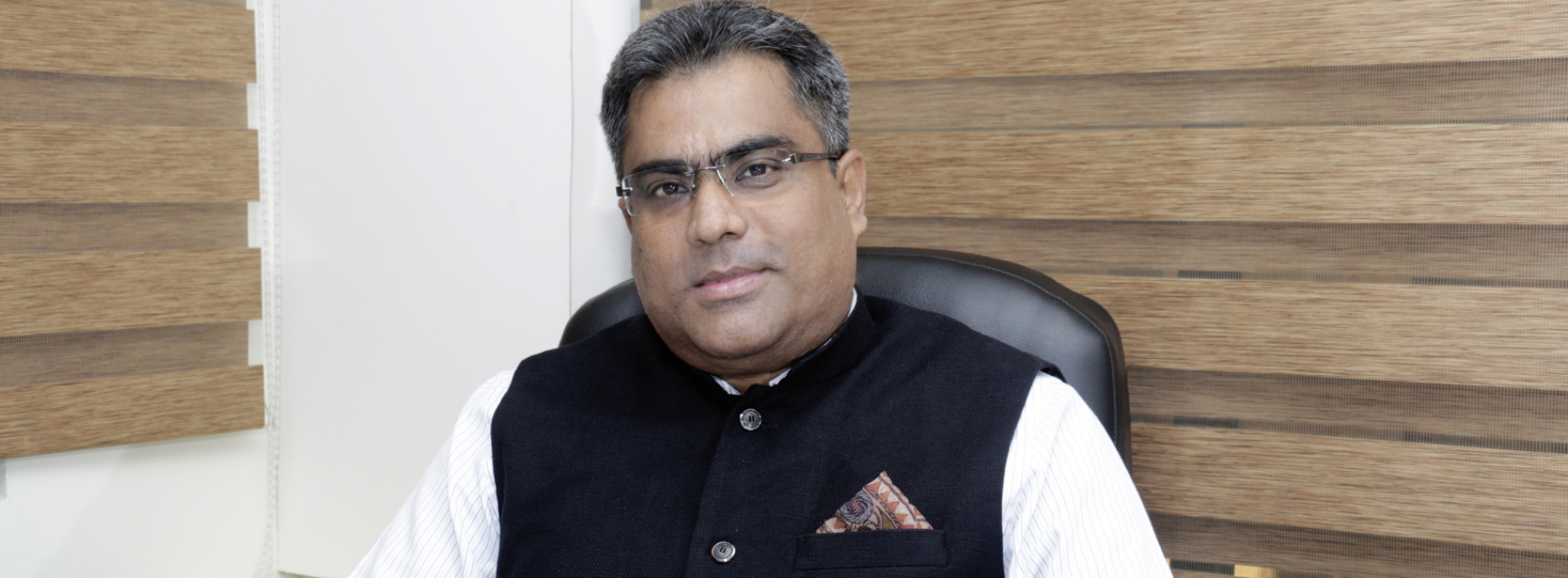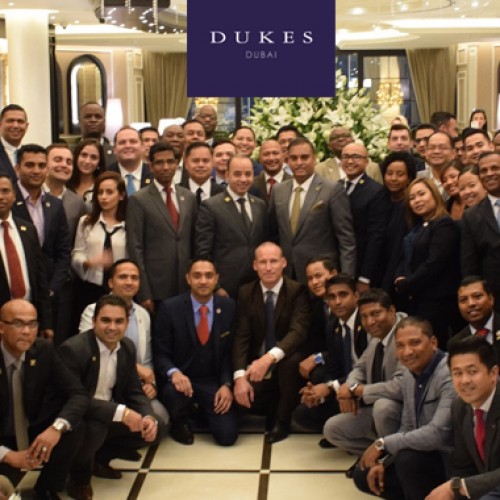COVID-19’s Effects: Work Culture & Work Space Undergoing Transformation
“The secret of change is to focus all of your energy, not on fighting the old, but on building the new.” – Socrates
By Rajib Roy Choudhury
The realistic workplace transformation created by the pandemic forced millions of employees to work from home. It has enormously impacted our work and family culture. Work from home, physical distancing, online classes and virtual platform meetings have become the New Normal of Life and Living.
The world is changing, and so is the global hospitality spectrum. Due to the COVID-19, new safety culture is emerging that requires the hotel work brigade to engage with guests, management and each other digitally to honour social distancing mandates and help stop virus spread.
It’s hard to think that we once had limited options for distributing and sharing information. Explaining to a millennial that before the advent of the Internet and smartphones the only way to talk to someone was either in person or by dialling a telephone. Today we have various options to share information with one another, whether it’s by Text, Zoom, Social Media post, apps or live media streaming. Needless to say, dependency on these digital stations has grown exponentially amongst users, especially in this time of quarantine and social and mental unrest.
Traditionally, the hospitality has been a conservative industry in reference to technology; a profession where face-to-face interactions amongst staff and guests have been much emphasized upon.
COVID-19, however, is changing all of that. Some of the hotels being early adopters have digitally created access tools that are enabling travellers to completely bypass human connection or touch which is also having a certain negative impact.
Pandemic and lockdown have become synonymous and this unavoidable situation has brought about certain negative vibes very distinct in one’s life, be it professionally or personally.
Whether it is curating the most difficult four-course meal, writing those few lines, exercising every day or simply just hustling at work, without a gap – toxic productivity does little for the quality of work and your life; it is a fatal obsession with work where more matters, even if the quality is not exactly good at all. And the worst part is that it can be so overwhelming that we can only see our self-worth selfishly, little pleasure through sharing a coffee with colleagues, a small chit chat, windows of breathers, effecting the psychic health of every employee. People are losing onto the sheer sense of camaraderie which is the base of hospitality excellence.
People who have been displaced from their workplaces, isolated from their loved ones due to non-availability of transportation thus stagnated or juggling between childcare and work, struggling more with mental illness, financial worry, experiencing the passing of loved ones due to this horrific virus but unable to be present in their last rights, all these have created a tremendous negative impact on one’s mind which have far-reaching effects on their lives.
But there is a twist in the tale as well as certain report claims that employees are reluctant to give up their new way of working after lockdown. Nearly half of the workforce thinks that flexible working will increase, with a third (33%) of this group expecting to increase the amount they work from home by at least three days a week after lockdown and 81 % expecting to work at least one day a week from home. This typical thought of work culture is adverse to any industry and extremely detrimental to ours, the hospitality. Work from home is possible while being on a vacation as well. That sense of thinking is destructive by all means. Critical analysis of such a mental set-up brings the person’s mental health into question.
There are other situations as well: Work Home Interference and unreasonable refusal or failure to follow a reasonable management instruction can often lead to litigation which is also being encountered at times, refusing on the grounds of not having childcare because of schools remaining closed, and then disciplinary action would be precarious.
We human beings have always had to deal with crises. But crises have always fuelled the human story forward. In the long run, they have made us eventually stronger. A difficult period during the middle age in Europe that was marked by famine, war and plague was followed by the Renaissance. The French Revolution embedded liberty, equality, and fraternity into our realization of the soul.
In the last century alone, we have had four crises globally. They came in pair and dovetailed into each other. The First World War transformed many monarchies into electoral democracies and also helped create the first communist state in the world. This, in turn, helped erode serfdom thinking and promoted people-oriented ideals, first in Europe, and then across the world.
The Spanish Flu which covered the world with its dark adversity in 1918 led to the development of national health services in many countries. The Great Depression gave birth to the welfare state and the Second World War bought the end of empires, freeing the majority of the human population from foreign enslavement.
Coronavirus is the first crises of this century. And like the ideal 21st-century citizen, it is global and egalitarian. And because of cheap broadband, it is playing out right in front of our eyes.
In lieu of the terrible cost of this pandemic to mankind, we will move to a better place in our minds and in this planet. Generation Next will look back upon this moment as the one that made us more humane, a time when we lived up to our name — Homo sapiens, or ‘wise man’.
We have classified the aspects of the evolving future under different heads. They range from the ‘personal’ to the ‘collective’ in their nature and from ‘fastest’ to ‘slowest’ in their speed of adoption, two of the legs supporting the torso of civilization.
But I sincerely believe that the impact of this unprecedented the situation would bypass and employees would regain their mental wisdom and impact of this hollowness caused by the lockdown would be overpowered overwhelmingly and hospitality industry will be proud of their sense of the camaraderie which they so firmly believe in.
‘No matter how much falls on us, we keep ploughing ahead. That’s the only way to keep the roads clear.’ – Greg Kincaid.
Rajib Roy Choudhury is the General Manager of The Aananda Imperial by Svenska, Bilaspur, Chattisgarh
—
You might also like
India’s millennial business travelers are changing corporate travel
Millennial1 business travelers in India are driving an evolution in corporate travel by demanding both cutting-edge digital support throughout their trips and on-demand advice from human consultants, according to an
Odisha introduces land regulation for industrial development
Welcome initiative as State sets its goal to become Manufacturing Hub of the East One of the key impediments for industrial development in the country is not just availability of
DUKES Dubai offers key for UAE concierge meeting
Monthly meeting of Les Clefs d’Or draws more than 100 concierges to Palm Jumeirah hotel There was no excuse for anything other than a warm welcome and a golden key








